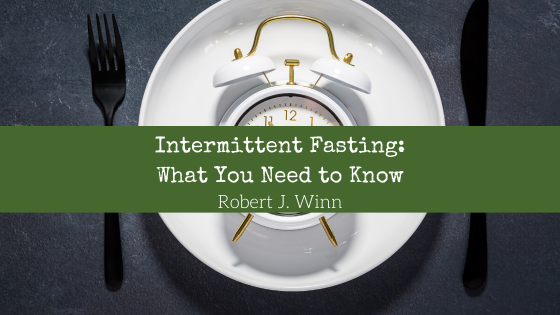Intermittent Fasting (IF) has gained popularity for its potential health benefits and simplicity. Unlike traditional diets that focus on what you eat, IF focuses on when you eat. This article explores the basics of IF, its benefits, and tips for getting started.
What is Intermittent Fasting?
Intermittent Fasting involves alternating periods of eating and fasting. There are several popular methods, including:
- 16/8 Method: Fast for 16 hours and eat during an 8-hour window.
- 5:2 Diet: Eat normally for five days and restrict calories to 500-600 for two non-consecutive days.
- Eat-Stop-Eat: Fast for 24 hours once or twice a week.
- Alternate-Day Fasting: Alternate between normal eating and fasting every other day.
Benefits of Intermittent Fasting
Intermittent Fasting offers numerous health benefits supported by scientific research.
Weight Loss and Fat Loss
Intermittent FFasting can help reduce calorie intake, leading to weight loss. Fasting periods increase insulin sensitivity, promoting fat burning. Additionally, IF boosts metabolic rate by increasing levels of norepinephrine, a hormone that helps burn fat.
Improved Metabolic Health
Intermittent Fasting can improve several metabolic markers. It reduces insulin levels and increases insulin sensitivity, lowering the risk of type 2 diabetes. IF also helps reduce inflammation and oxidative stress, both of which are linked to chronic diseases.
Enhanced Brain Function
Fasting has been shown to promote brain health. It increases the production of brain-derived neurotrophic factor (BDNF), a protein that supports brain function and resilience. Studies suggest that intermittent Fasting may protect against neurodegenerative diseases like Alzheimer’s and Parkinson’s.
Cellular Repair and Longevity
Fasting triggers autophagy, a cellular repair process where cells remove damaged components. This process is linked to longevity and a reduced risk of cancer. Animal studies have shown that intermittent fasting can extend lifespan, though more research is needed on humans.
Tips for Starting Intermittent Fasting
If you’re considering intermittent Fasting, here are some tips to help you get started:
Choose the Right Method
Select a fasting method that fits your lifestyle and preferences. The 16/8 method is often the easiest for beginners as it allows for a daily eating window.
Stay Hydrated
Drink plenty of water during fasting periods to stay hydrated. Herbal teas and black coffee are also good options that won’t break your fast.
Eat Nutrient-Dense Foods
During eating periods, focus on whole, nutrient-dense foods. Include a balance of lean proteins, healthy fats, and complex carbohydrates to ensure you get the necessary nutrients.
Listen to Your Body
Pay attention to how your body responds to Fasting. It’s normal to feel hungry initially, but if you experience dizziness, fatigue, or other adverse effects, reconsider your approach.
Intermittent Fasting is a flexible and effective approach to improving health and managing weight. You can reap the benefits of this eating pattern by choosing a suitable fasting method and focusing on nutritious foods. As with any dietary change, please consult with a healthcare professional to ensure it’s right for you.

